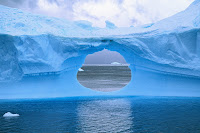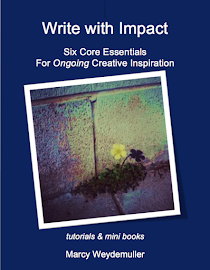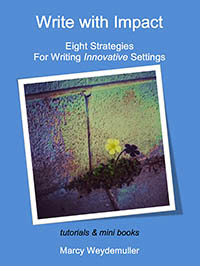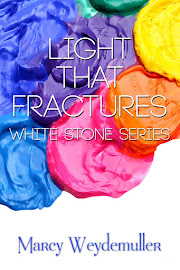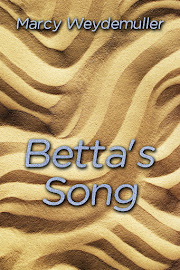Personal, public and cultural memory have the potential to loom over current decisions and negotiations in either positive or negative terms. If the memory is old enough to be considered history, it can turn itself into a legend that may or may not have any bearing in reality, other than as a name or a place.
And yet we often use these memories as measures against others and ourselves. That is, if we think one is valid. Or, if we consider it as impossible and only vivid imagination, we will make a concerted effort against it. However the legend may contain truth that unlocks hope.
In the movie Avatar, Jake has lost all possibility of negotiating a peace. He has completely lost the trust of the people he now loves. Desperate for a solution he remembers the story of the Toruk, the mighty predator of the skies, caught by a leader at times when the people were in danger. The previous Toruk riders brought them victory, so Jake sets out to become one, not knowing whether the legend was real history or story, or a mix of both. But it is enough to give him enough courage to try.
Journal Prompt:
Under what conditions would your character be willing to turn and trust in a story, or legend, or person, that may or may not be true? Under what conditions would you?


